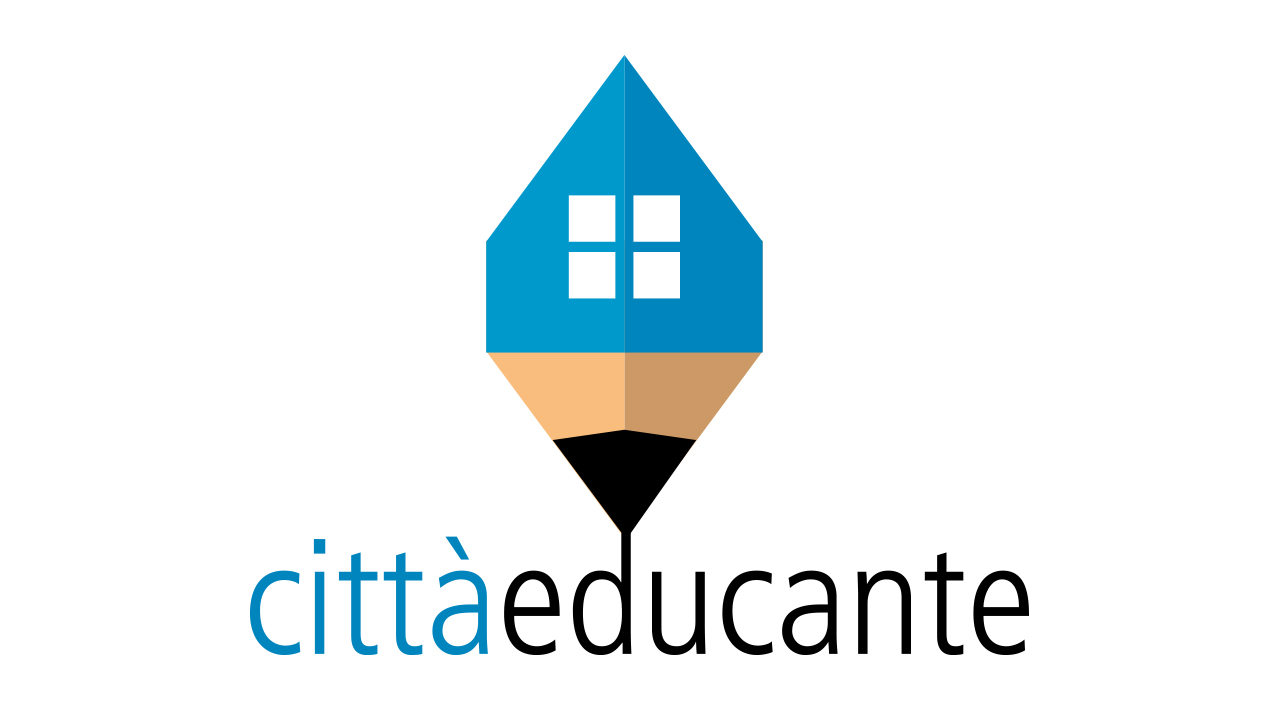Home / Press Release / The Educating City: digital sol...
The Educating City: digital solutions for ongoing training
The Educating City: digital solutions for ongoing training

23-01-2019
Results of the four-year research project co-financed by MIUR presented in Rome
The results of the four-year research project co-financed by MIUR have been presented in Rome. The project made use of technology to test the application of innovative teaching and learning models aimed at all ages and designed to be socially inclusive
Rome, 23rd January 2019 - The digital world is changing the paradigms of training, offering original methods and approaches for training more aware citizens, and providing new opportunities for surpassing physical or time-centred limits. The Educating City research project, which concludes today at the Italian National Research Council (CNR) headquarters with a conference promoted by AlmavivA and Rai, introduced the use of new technologies in the development of innovative teaching and learning models with a socially inclusive approach.
Co-financed by the Ministry of Education, University and Research, the project - which began in 2014 and was completed in 2018 - is part of the “Technologies for Smart Communities” cluster. It was led by AlmavivA and involved Rai, as well as the Engineering, ICT and Technologies for Energy and Transportation (DIITET) and the Social Sciences, Humanities and Cultural Heritage (DSU) Departments at the CNR. The partnership also included the Reggio Children Foundation - Loris Malaguzzi Centre, the Modena and Reggio University (Unimore) and Trento University (UniTrento), in addition to a temporary association of businesses coordinated by NetResults. Rai, coordinated by the Quality and Planning Management, contributed to the project with high quality audiovisual content reworked to suit this purpose, as well as multimedia applications.
“The Educating City” has led to the creation of new training courses and tools which has enabled children, teenagers, adults and senior citizens to participate as subjects of life-long learning, teachers, head teachers, educational coordinators and ICT professionals. Experiences were illustrated over the course of the meeting and represented in the multimedia space set up at the CNR headquarters, to demonstrate the innovative value and effectiveness of the trialled models.
The stages of the project, also described in a book presented at the meeting, entitled “The Educating City - Innovative methodologies and technologies serving Smart Communities” (Liguori Editore), were varied: from the exploration of environments supported by digital technologies, such as the technological vegetable patch in the infant and primary schools of Reggio Emilia, to the trialling of the “lecture system” for the transmission and recording of lessons at the Rosa Agazzi infant school in Pisa; from the interactive ICT-supported courses for mathematical comprehension via problem-solving in Turin schools, to the application of tools encouraging learning and discouraging dropouts in the first years of academic study at the University of Trento. And much more besides: from the use of digital games encouraging the acquisition of basic skills at primary school, to the use of technology to encourage active ageing, and even educational-technological systems for the cognitive development of children with learning disabilities and autism.


